Locket’s is a new café from the owners of Wiltons in Jermyn Street. Wiltons is the restaurant that dukes visit when they have fallen out with White’s. It has a sign featuring a lobster that looks like Benjamin Disraeli wearing a top hat. When a bomb fell nearby in 1942, its anxious owner immediately sold it to the banker Olaf Hambro, who was sitting at the bar, by adding the price of the restaurant to his bill. It appeared, thinly disguised, in Jeffrey Archer’s First Among Equals as Walton’s, in which a fictional Tory minister plots the seduction of a woman called Amanda.
I like Wiltons, even if the female staff are dressed as Edwardian housemaids, which is the second worst uniform in existence after hessian smocks. So I had hopes for Locket’s as a sanctuary — a theme park — for Tory wets. I have hopes of Tory wets too, even if they spend most of their time on social media these days, sometimes with their parents, which is very weird. If your own father won’t endorse you, what are you? A Hanoverian king?
Locket’s inhabits a floor of the old Economist building in the old Economist Plaza which perches like a brutalist bird by St James’s Street. It is now named the Smithson Plaza after its architects Alison and Peter Smithson. To find it, you pass the window of White’s and watch men playing cards behind net curtains, which is also very weird.
If St James’s is old money — as Wiltons is, with its paintings of grouse and misanthropic tables-for-one — this is defiantly new money. Locket’s is golden like an Asgard: a shining golden bar slotted inside a tower where it does not belong, but came anyway — and why not?
This tower still feels like a place of work: that cannot be scrubbed out, because it is a tiny Canary Wharf, and that only makes Locket’s feel more ephemeral and weird. The floors are black and white curls; the lamps are golden globes; the windows are clean and huge. It is delightfully empty — it is three weeks old — but once the rich alcoholics who haunt Claridge’s discover Locket’s, it will lose its charm. Meanwhile, the only inhabitants are the staff; a table of American men shouting; the lighting; and my companion and I, who are bickering about this election: specifically, who of the candidates we hate the least.
Locket’s is an odd place to discuss this, because it is sumptuous and remote. I feel we are eating somewhere where the rest of the world does not functionally exist. Even so, we say solemnly as vows: ‘I would forgive you for voting for X’; ‘I would forgive you for voting for Y’. The cognitive dissonance is ridiculous; and as we talk our nonsense we eat tiny dishes, which are beautiful and delicious: a charcuterie plate; a cheese plate; raw beef with egg yolk and truffle; wild mushroom polenta with parmesan; roast harissa nuts; broccoli with chilli mayonnaise; a cheese plate. It is better than any bar food I have had in London. Because this is not really a café, even if it will sell you a bacon brioche for £5 — opening prices, I suspect, set low — at 7.30 a.m. It’s also a bar.
I am without alcohol for almost 20 years, but I have never lost the habit of asking: would I, as a drunk, have liked Locket’s? The answer is yes: because it is so weird — a golden fairyland inside what was the Economist, designed for people who have no connection to the London below them, and no need of anything, least of all politics. It’s a suitable place for this week, then — a place to forget.
Got something to add? Join the discussion and comment below.
Get 10 issues for just $10
Subscribe to The Spectator Australia today for the next 10 magazine issues, plus full online access, for just $10.
You might disagree with half of it, but you’ll enjoy reading all of it. Try your first month for free, then just $2 a week for the remainder of your first year.


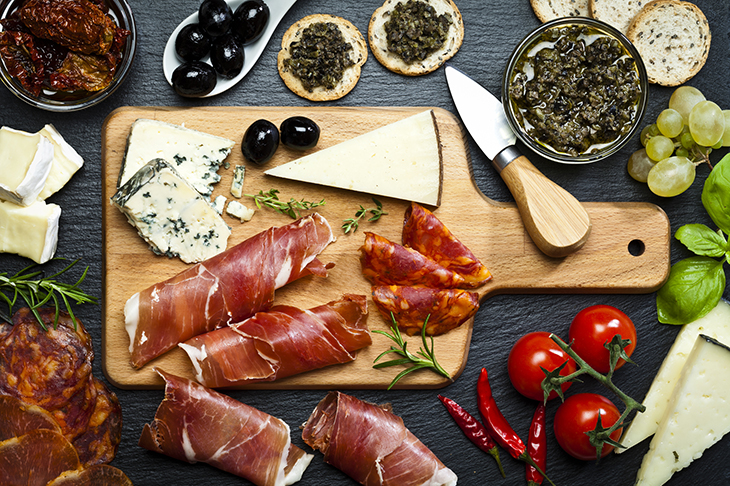
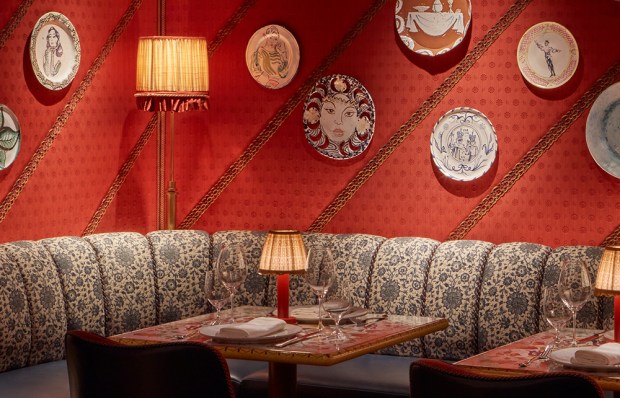
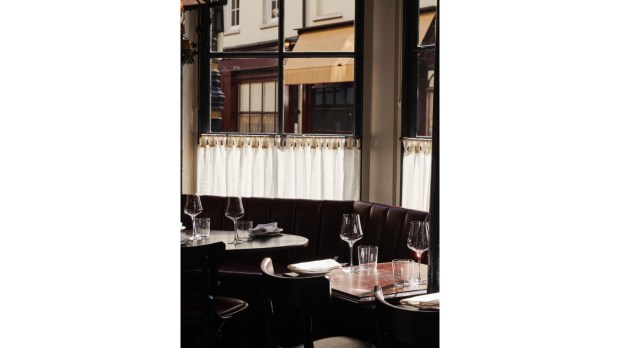
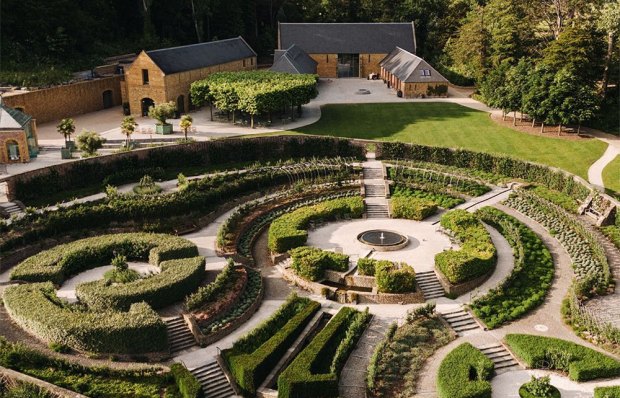
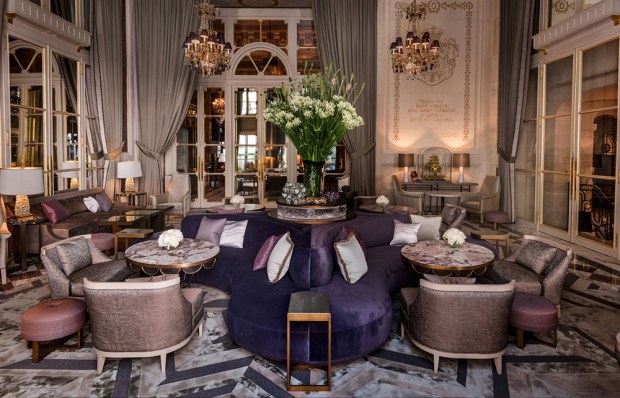
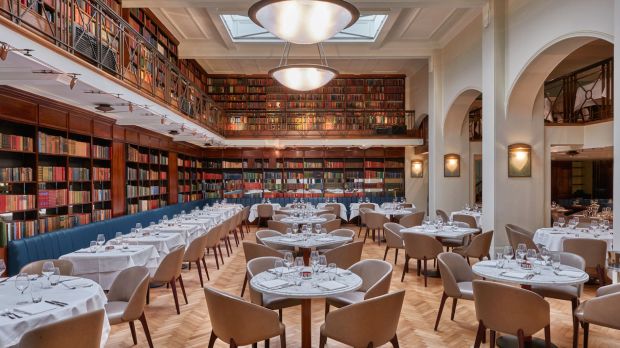
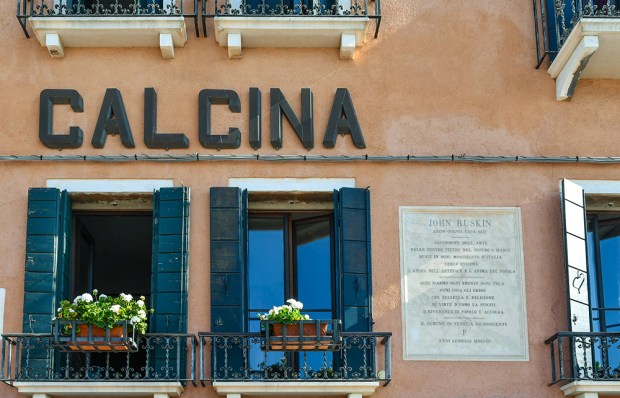






Comments
Don't miss out
Join the conversation with other Spectator Australia readers. Subscribe to leave a comment.
SUBSCRIBEAlready a subscriber? Log in